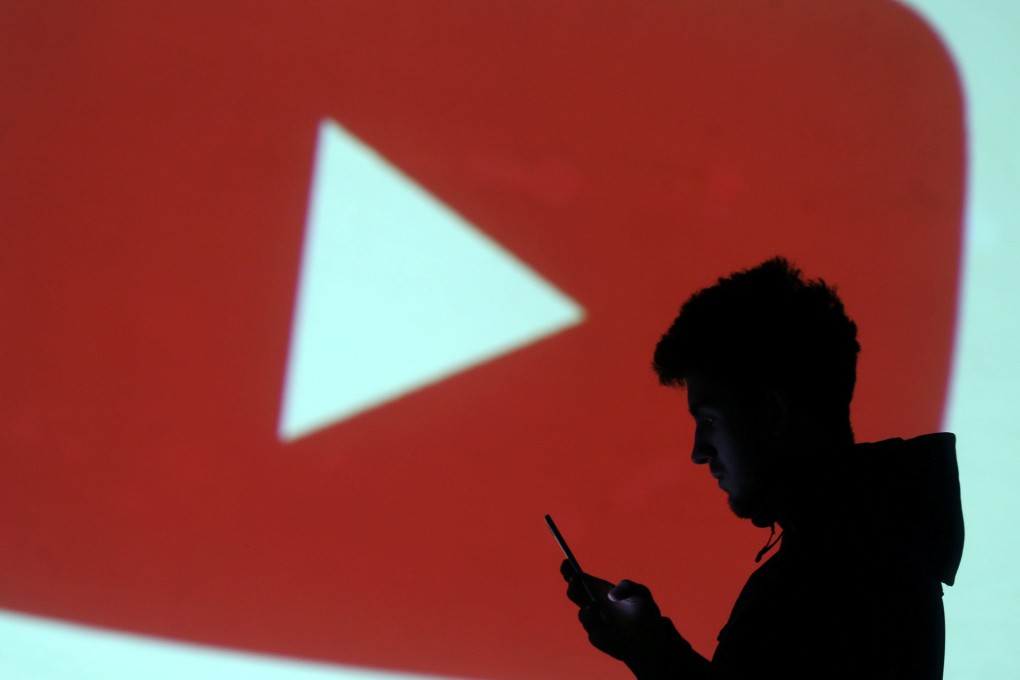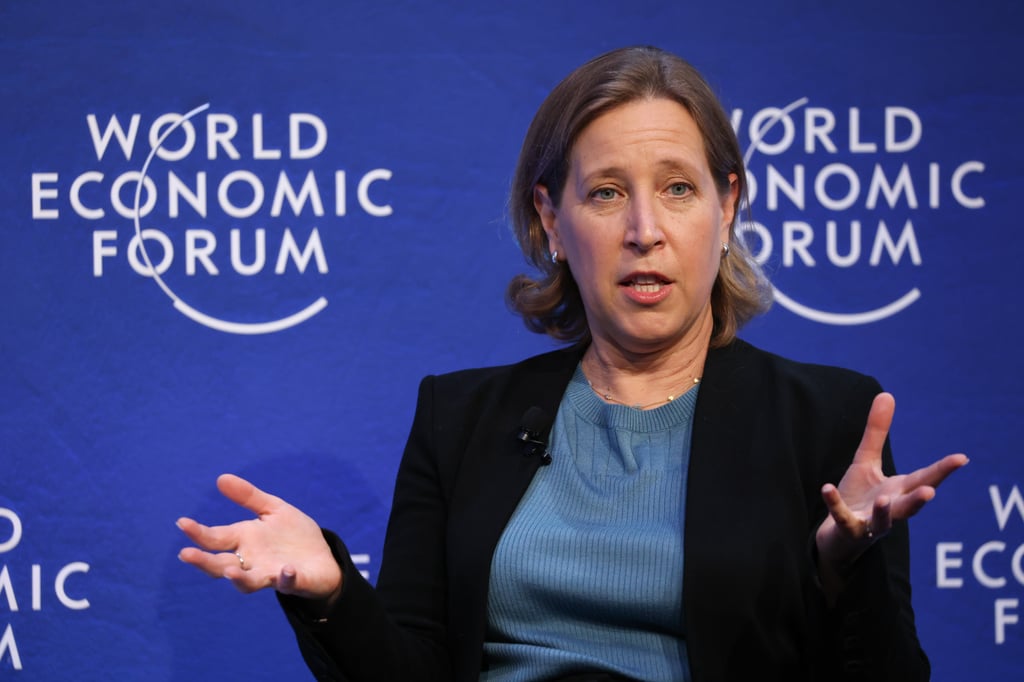YouTube CEO touts progress on fighting misinformation, but says work remains
- At the World Economic Forum in Davos, Susan Wojcicki said YouTube was missing 10 to 12 content-violating videos per 100,000 views of videos
- Wojcicki emphasised the progress made by Google’s video streaming service over the past six years, even as falsehoods about Covid-19 and elections have surged

YouTube can always improve its work to combat misinformation, chief executive officer Susan Wojcicki said, touting the company’s progress over the past six years – even as falsehoods about the Covid-19 pandemic and elections have surged on the platform.
“There will always be incentives for people to be creating misinformation,” Wojcicki said Tuesday at the World Economic Forum in Davos, where she touched on everything from the war in Ukraine to her views on Roe v. Wade. “The challenge will be to keep staying ahead of that and making sure that we are understanding what they are.”

Wojcicki said she hadn’t seen that report, “but there are certainly many other reports that give us a good grade there”. She added that in enforcing its policies, which aim to reduce the spread of borderline and harmful misinformation while promoting authoritative sources, YouTube was missing only about 10 to 12 content-violating videos per 100,000 views of videos on the platform, according to its latest research.
Wojcicki also described the challenges faced by YouTube in moderating content during global crises, including the war on Ukraine. In 2019, facing public criticism that it had provided a platform for hateful ideologies, the company reversed its stance on allowing the denial of violent events like the Holocaust. Earlier this year, Wojcicki said, the video site extended that policy to disallow content that promoted the denial or trivialisation of the Russia-Ukraine war, blocking channels connected to Russian state-backed outlets RT and Sputnik across Europe.
But YouTube continues to operate in Russia in order to deliver independent news into the country, Wojcicki said. “The average citizen in Russia can access, for free, the same information that you can access here from Davos,” she said.
What the video platform won’t give up, Wojcicki said, is its commitment to free speech. In response to a question on her views about the US Supreme Court’s move to potentially overturn Roe v. Wade, which has cemented abortion rights in the country for half a century, Wojcicki said she personally believed that women should have the right to choose when to become a mother.